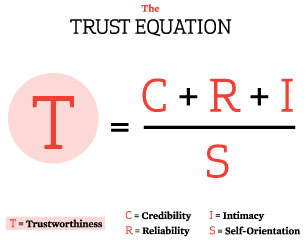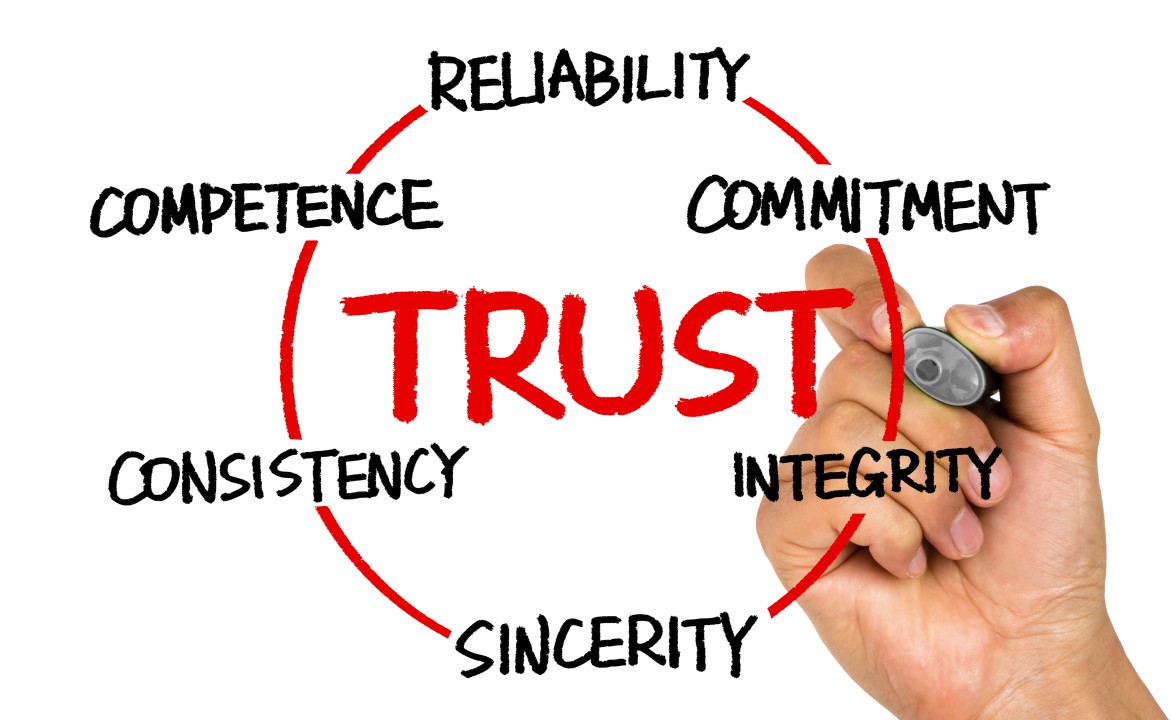In the ever-evolving world of leadership, trust and integrity remain the unshakable cornerstones of success. Regardless of industry or organization, leaders who prioritize trust and act with integrity inspire confidence, loyalty, and commitment in their teams. These traits are not just desirable—they are essential for creating a sustainable and ethical workplace culture.
This article explores why trust and integrity are vital for leadership, how they impact team dynamics, and practical steps leaders can take to build and maintain these qualities in every interaction.

Why Trust and Integrity Matter in Leadership
1. Trust Fuels Relationships
Trust is the glue that holds relationships together. In leadership, it creates an environment where employees feel safe to express their ideas, share concerns, and collaborate effectively. Without trust, communication breaks down, and teamwork suffers.
2. Integrity Drives Accountability
Integrity means doing what’s right, even when no one is watching. Leaders who act with integrity set the tone for ethical behavior within their organizations, fostering a culture of accountability and responsibility.
3. Builds a Strong Reputation
Trustworthy and ethical leaders earn the respect of their teams, peers, and stakeholders. Over time, this builds a strong reputation that attracts talent, opportunities, and long-term success.
The Key Elements of Trust and Integrity in Leadership
1. Transparency
Open and honest communication builds trust. When leaders share information clearly and consistently, they reduce misunderstandings and show respect for their teams.
2. Consistency
Leaders who act predictably and align their actions with their words demonstrate reliability, a key component of trust.
3. Empathy
Showing genuine care and understanding for others strengthens bonds and demonstrates that leaders value their people.
4. Accountability
Leaders who take responsibility for their decisions and hold themselves to high standards of conduct set an example for others to follow.

The Impact of Trust and Integrity on Teams
1. Encourages Open Communication
When trust is present, team members feel comfortable sharing ideas, concerns, and feedback. This leads to better collaboration and innovation.
2. Increases Employee Engagement
Integrity in leadership fosters a sense of fairness and respect, boosting employee morale and motivation. Engaged employees are more productive and committed to their work.
3. Enhances Decision-Making
Trust allows leaders to delegate effectively, empowering their teams to take ownership of decisions. This not only speeds up processes but also improves outcomes by leveraging diverse perspectives.
4. Strengthens Team Resilience
In times of uncertainty or change, trust in leadership provides stability. Teams are more likely to rally together and adapt when they trust their leader’s intentions and decisions.
Practical Steps to Build Trust and Integrity as a Leader
1. Lead by Example
Demonstrate the values you want to see in your team. Show consistency in your actions and decisions, and always align them with your words.
Tip: Admit mistakes when they happen and take responsibility. This shows humility and reinforces your commitment to integrity.
2. Communicate Openly and Honestly
Transparency fosters trust. Keep your team informed about decisions, challenges, and successes, and be honest about what you don’t know or can’t share yet.
Tip: Regularly check in with your team to answer questions and address concerns.
3. Deliver on Promises
Reliability is a cornerstone of trust. If you commit to something, follow through. If circumstances change, communicate why and outline next steps.
Tip: Avoid overcommitting—it's better to promise less and exceed expectations than to fall short.

4. Value Ethics Over Expediency
When faced with tough decisions, prioritize ethical considerations over short-term gains. Teams respect leaders who choose integrity over convenience.
Tip: Create a clear code of conduct for your team or organization to reinforce ethical behavior.
5. Build Personal Connections
Take the time to understand your team members as individuals. Show empathy and interest in their personal and professional growth.
Tip: Use active listening during conversations to show that you genuinely value their input.
6. Provide Constructive Feedback
Feedback delivered with care shows that you’re invested in your team’s success. Balanced feedback that highlights strengths and areas for improvement fosters trust and growth.
Tip: Frame feedback as a collaborative effort: “How can we work together to improve this?”
Examples of Trust and Integrity in Leadership
Jacinda Ardern (Former Prime Minister of New Zealand)
Jacinda Ardern’s leadership style was characterized by empathy, transparency, and decisive action. Her open communication during crises, such as the COVID-19 pandemic, built immense trust and earned her global recognition.
Howard Schultz (Founder of Starbucks)
Schultz emphasized integrity by focusing on ethical sourcing, fair wages, and community impact. His commitment to doing the right thing reinforced trust among employees, customers, and stakeholders.
Overcoming Challenges in Building Trust and Integrity
Even the most well-intentioned leaders face challenges in maintaining trust and integrity. Here’s how to overcome them:
1. Address Mistakes Promptly
Mistakes happen, but how leaders handle them determines their impact on trust. Acknowledge errors, apologize sincerely, and take corrective action.
2. Handle Conflict with Fairness
Conflict can erode trust if not managed effectively. Approach disagreements with an open mind, listen to all sides, and aim for fair resolutions.
3. Stay Resilient Under Pressure
In high-stress situations, integrity may be tested. Resist shortcuts or compromises that could undermine trust. Stay true to your values.



You must be logged in to post a comment.